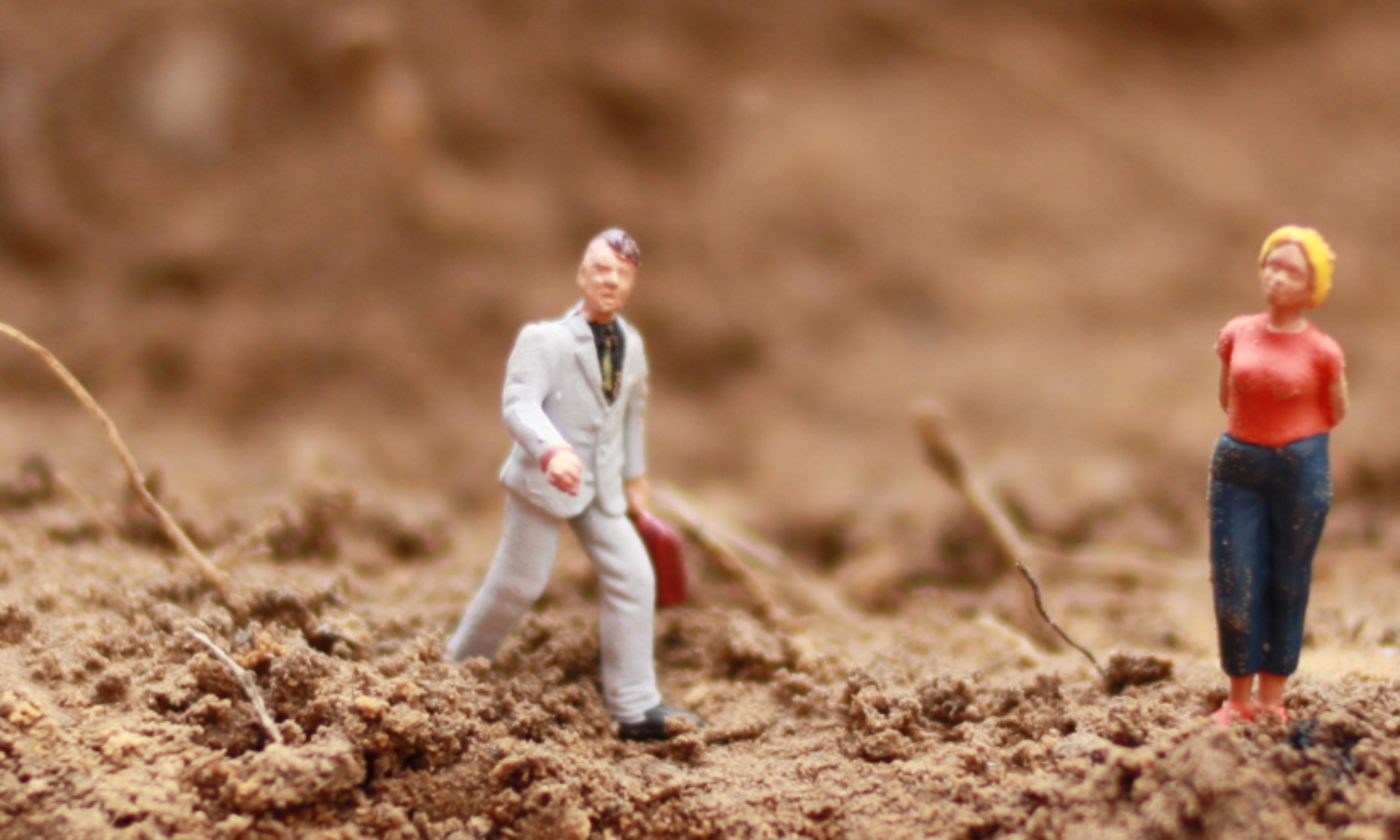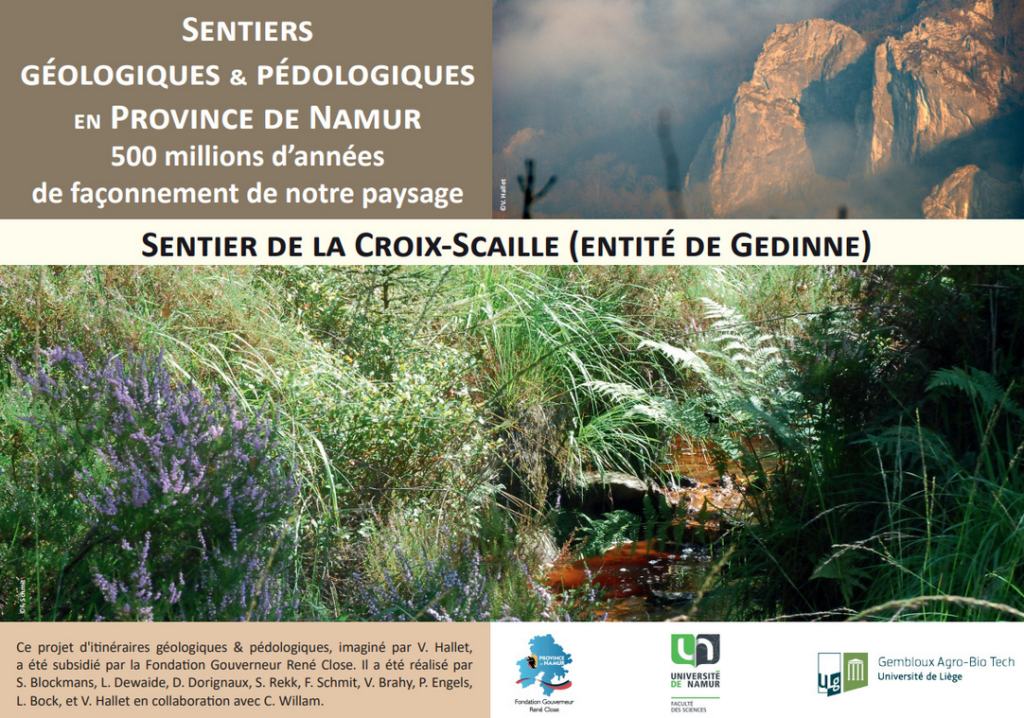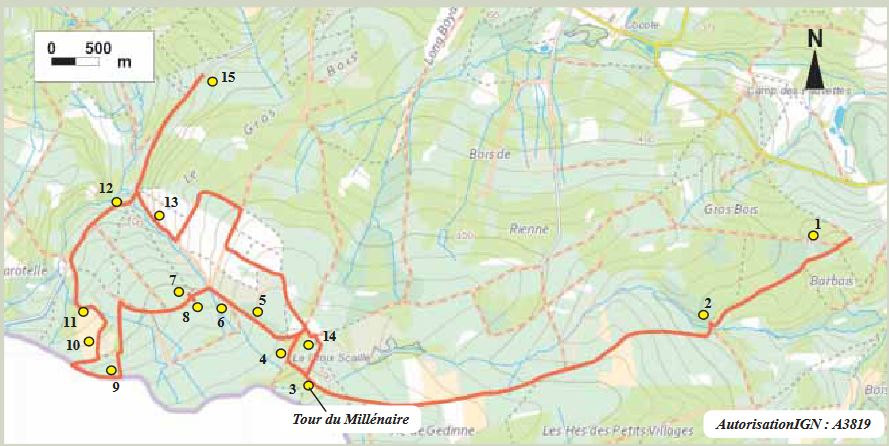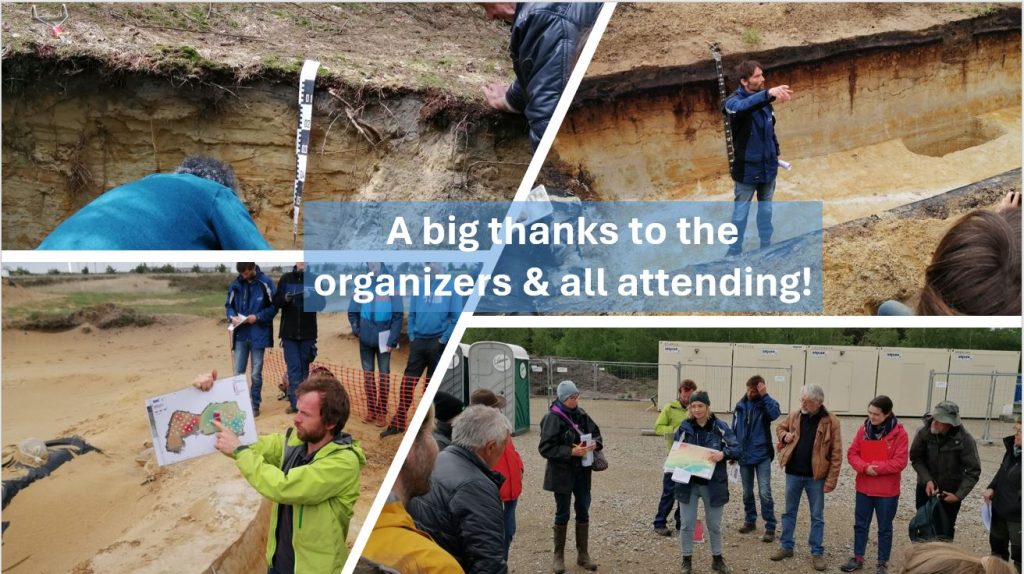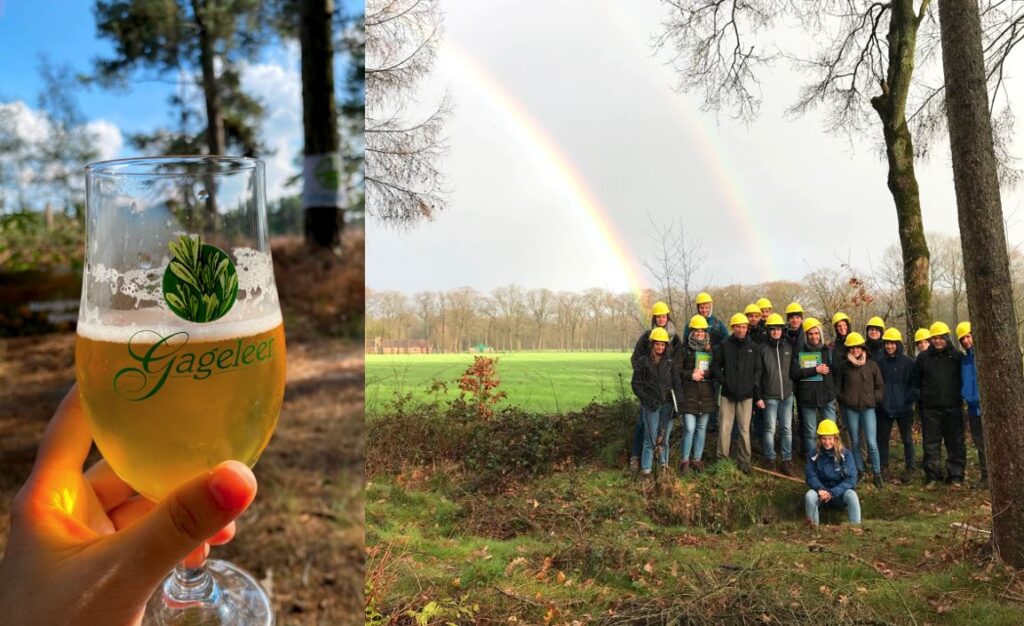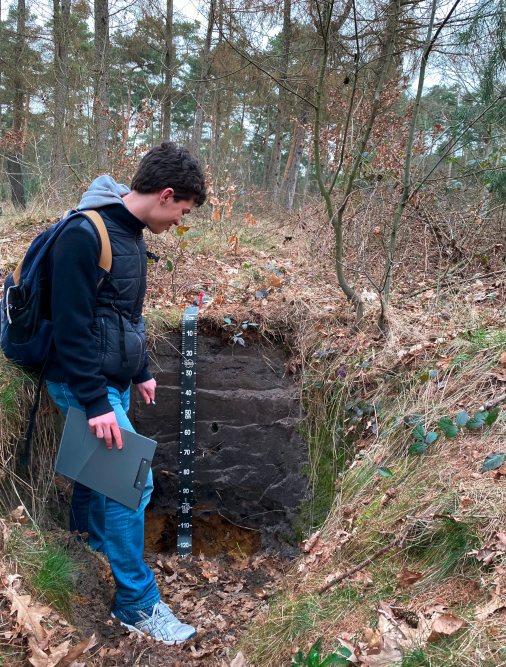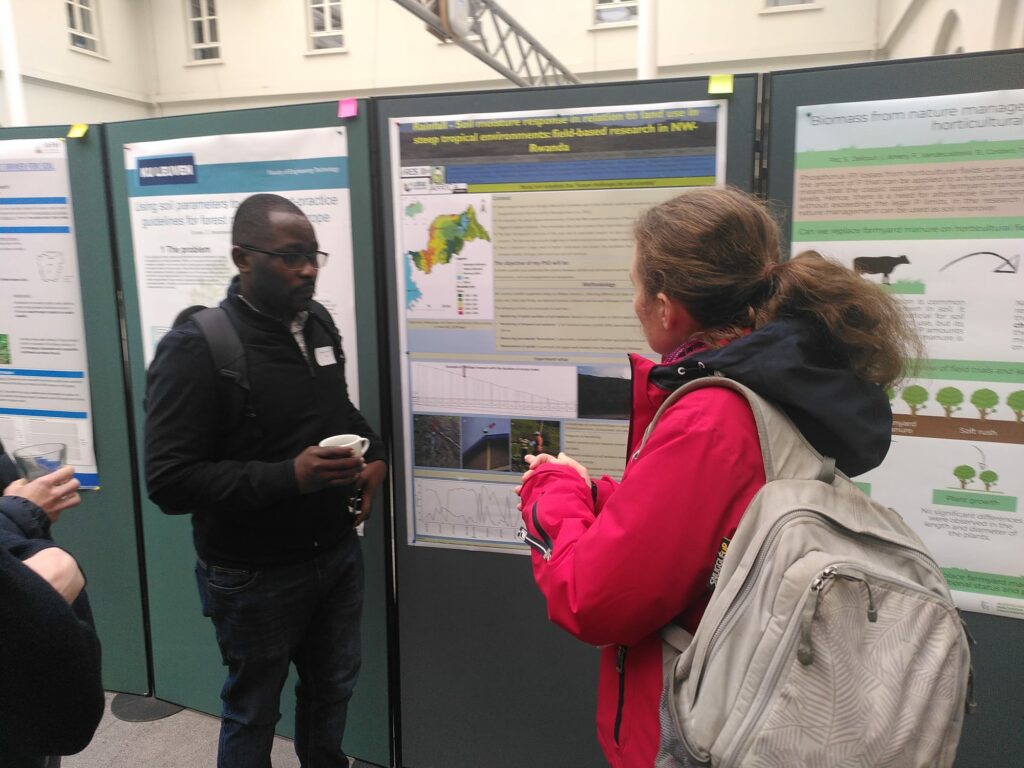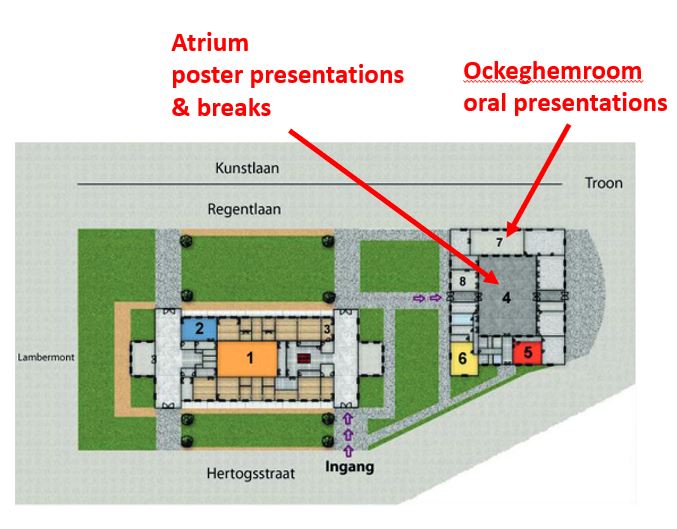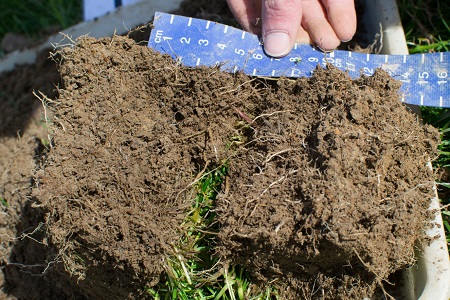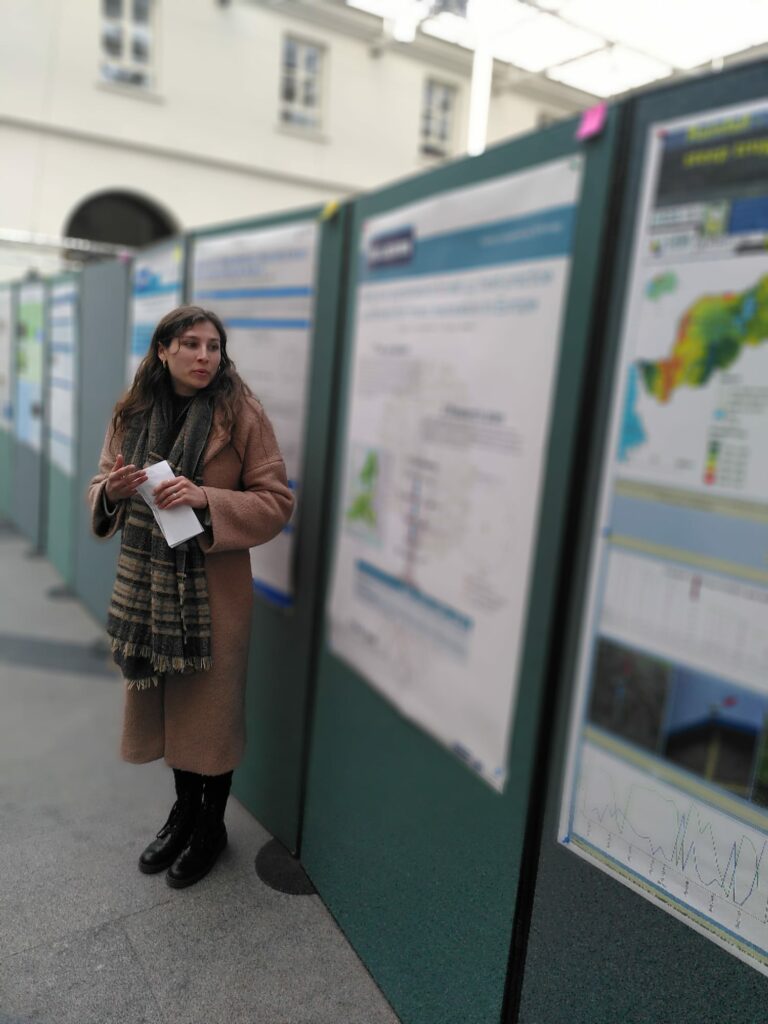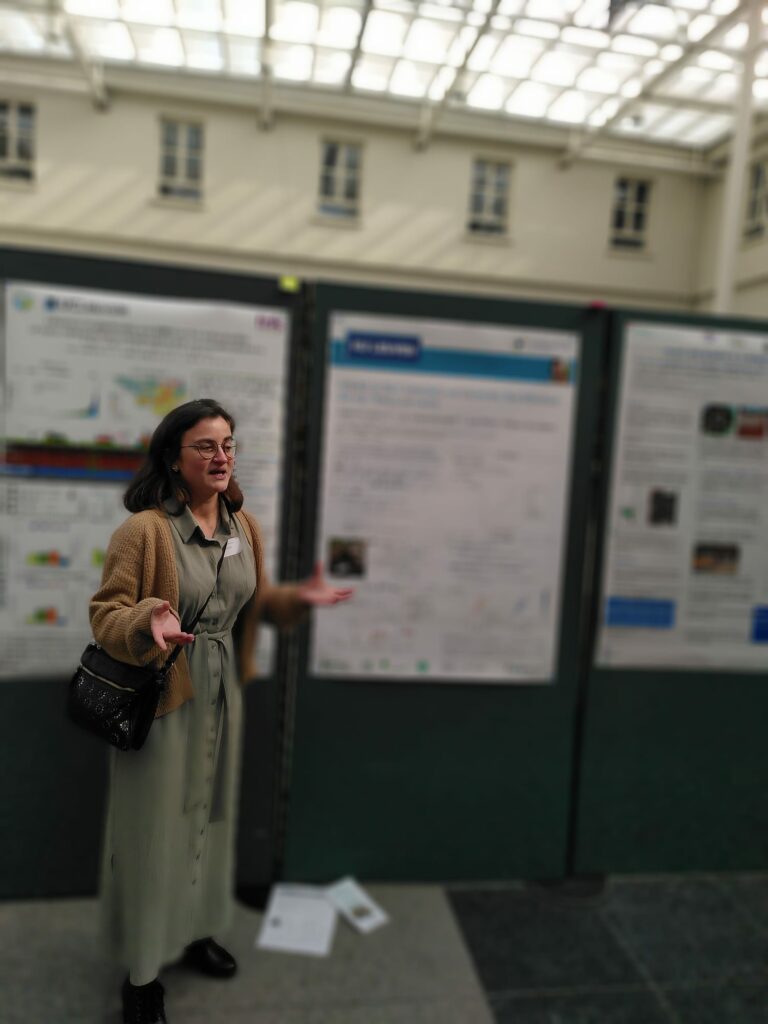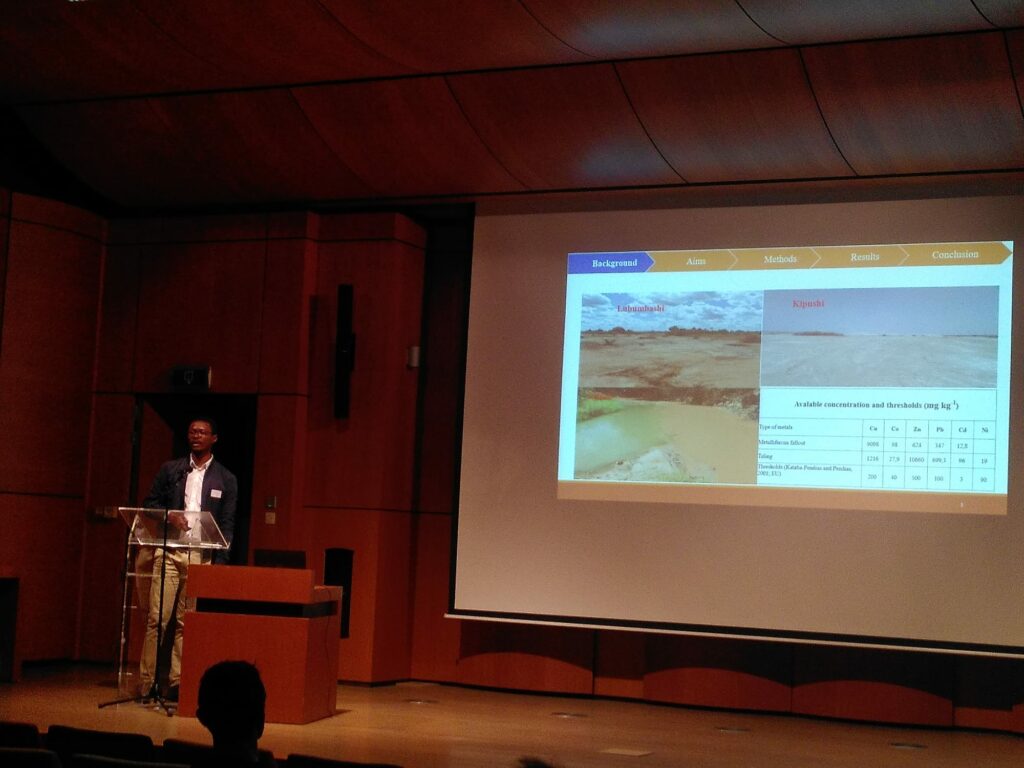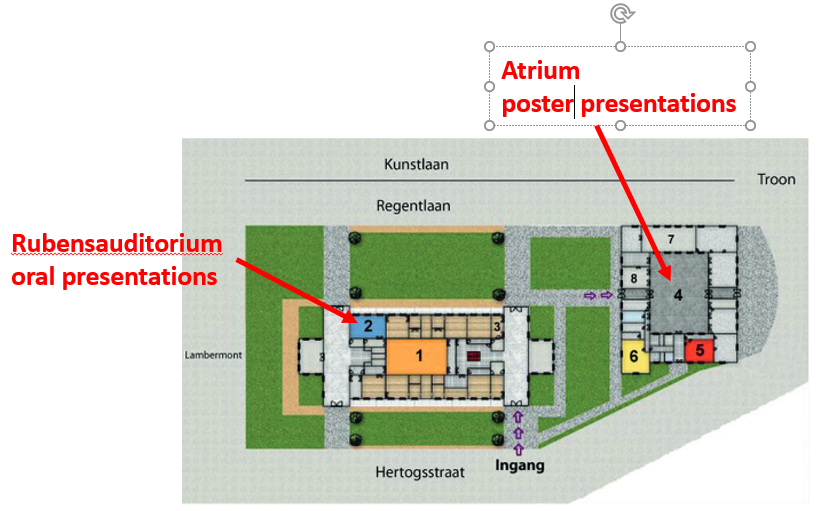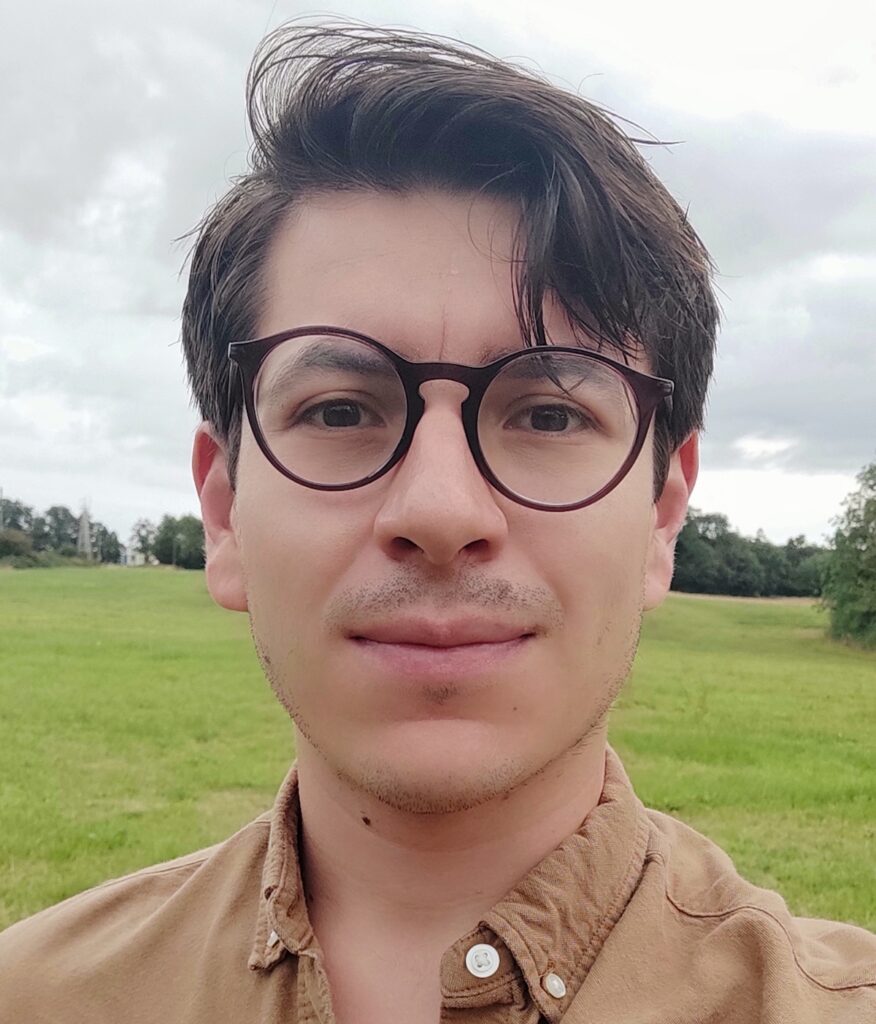Dear all,
Continuing a valued tradition, the Belgian Soil Science Society is once again organizing the Day of Young Soil Scientists, providing a platform for early-career researchers in both fundamental and applied soil science. The event is open to young scientists—MSc and PhD students, as well as early-career postdocs—affiliated with a Belgian academic or research institution.
Following last year’s successful edition, we look forward to welcoming many familiar faces and, of course, meeting new participants. Use the link below to register and find more details on abstract submission.
Update: We welcome 43 participants. Full program and book of abstracts can be downloaded below. See you soon!
Full program
Book of abstracts (including program)
What
- A full day of talks and poster presentations by young soil scientists
- Best oral presentation and best poster receive awards
- Coffee breaks & sandwich lunch included in registration fee
When & where
Date 26/03/2025: 8h30h-17h00
Venue: Royal Academy, Hertogstraat 1, Brussels – The Rubens room (Oral presentations) & The Atrium (Posters & coffee)

We welcome 43 participants on our DYSS2025! The program for oral and poster presentations, as well as the book of abstracts can be downloaded below.
Oral and poster presentations
During the Day of Young Soil Scientists, participants can actively engage in the program by delivering either oral or poster presentations. Oral presentations typically last about 15 minutes, while poster presenters have the opportunity to give a brief flash presentation of approximately 3 minutes. Both plenary discussions and informal, one-on-one exchanges are encouraged, fostering a relaxed and interactive atmosphere.
Abstracts
Indicate your preference for an oral or poster presentation. There is no limit to the number of poster presentations. MSc thesis students are strongly encouraged to create a poster based on their thesis work, with a particular focus on their research question and methodology.
Deadline for submitting abstracts is March 10th, 2025.
UPDATE: extension of deadline till March 12, 2025.
Submission: send your abstract to contact@soilbelgium.be with the following e-mail heading DYSS2025_Name_Given Name
Format Language: English & max 300 words, Use the following template
A decision on acceptance for oral or poster presentation will be communicated to you by March 14th, 2025.
Registration
Register for the DYSS 2025 as presenter or regular attendee and meet your fellow soil scientists. Don’t miss this unique opportunity to exchange, learn and network. Price depends on member status. Registrations are open till March 14, 2025.
